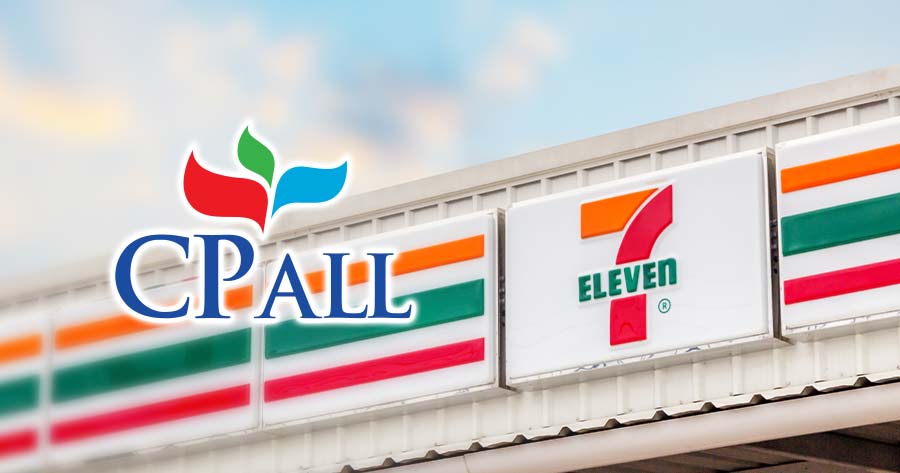CP All Public Company Limited (SET: CPALL) came out and denied the report that the company is discussing with two banks for financial support to fund for the management buyout (MBO) of Seven & i.
The share price of CPALL looked promising at the end of 2024 with expectation for the company to benefit from the Thai government’s stimulus measures. However, the announcement of its subsidiary, CP Axtra Public Company Limited (SET: CPAXT), in an investment that was seen as a bail out for a company within the Chearavanont family, though the CEO made it clear that the decision was based on a careful study and inline with the company’s strategic move.
The share price of CPALL dropped 14.4% from THB62.50 to THB53.50 during a span of 6 trading days before stabilizing at around THB55.00 per share.
The second wave of negative impact to its share price came at the end of January 2025 when there was a report that the Japanese founder of Seven & i that owns about 80,000 7-Eleven stores around the world is in talks with CP Group, the parent company of CPALL, for a potential management buyout.
The report raised concerns among investors of higher financial costs that could put quite a pressure on the company. Then there was another report yesterday about the company was in talks with financial banks for funding support.
The share price of CPALL has plummeted 24% from its high before the CPAXT event. CPALL settled 5% lower on Thursday at THB42.50 per share.
CGS International (Thailand) (CGSI) stated that should the investment proceed, CPALL is expected to secure a 5.6% equity stake in Seven & i Holdings. This investment would primarily yield returns through dividend income, as Seven & i Holdings anticipates a net profit of JPY255 billion (around THB56 billion) for the fiscal year ending February 2026. With a 45% payout ratio, CPALL could receive dividends of approximately JPY6.4 billion (THB1.4 billion).
However, concerns loom over the feasibility and financial sensibility of the deal. If CPALL opts for borrowing in Japanese yen to finance the acquisition, combining an interest rate of 1% with foreign exchange or cross-currency swap hedging costs estimated at 3%, the total funding expense would tally at 4%. This rate surpasses CPALL’s latest debenture issuance rates, which ranged between 3.45% to 3.85%.
Despite potential tax benefits, initial analyses suggest that the venture may result in a dilution of CPALL’s profits by THB2.1 billion, or approximately 8% of its expected net profit for the fiscal year 2025.
For investors, the rationale underlying CPALL’s interest in an investment return lower than its capital cost is pivotal. Without a persuasive long-term strategic explanation, the move could stir corporate governance concerns, posing a risk of valuation de-rating. The scrutiny from financial stakeholders will likely intensify unless CPALL can convincingly demonstrate how this acquisition aligns with its broader growth strategy.
Additionally, the current rating of CPALL remained ‘Add’ for CGSI with a DCF-based TP of THB80 (WACC:6.8%, TG:2%), while suggesting to wait and see the progress of this event.





